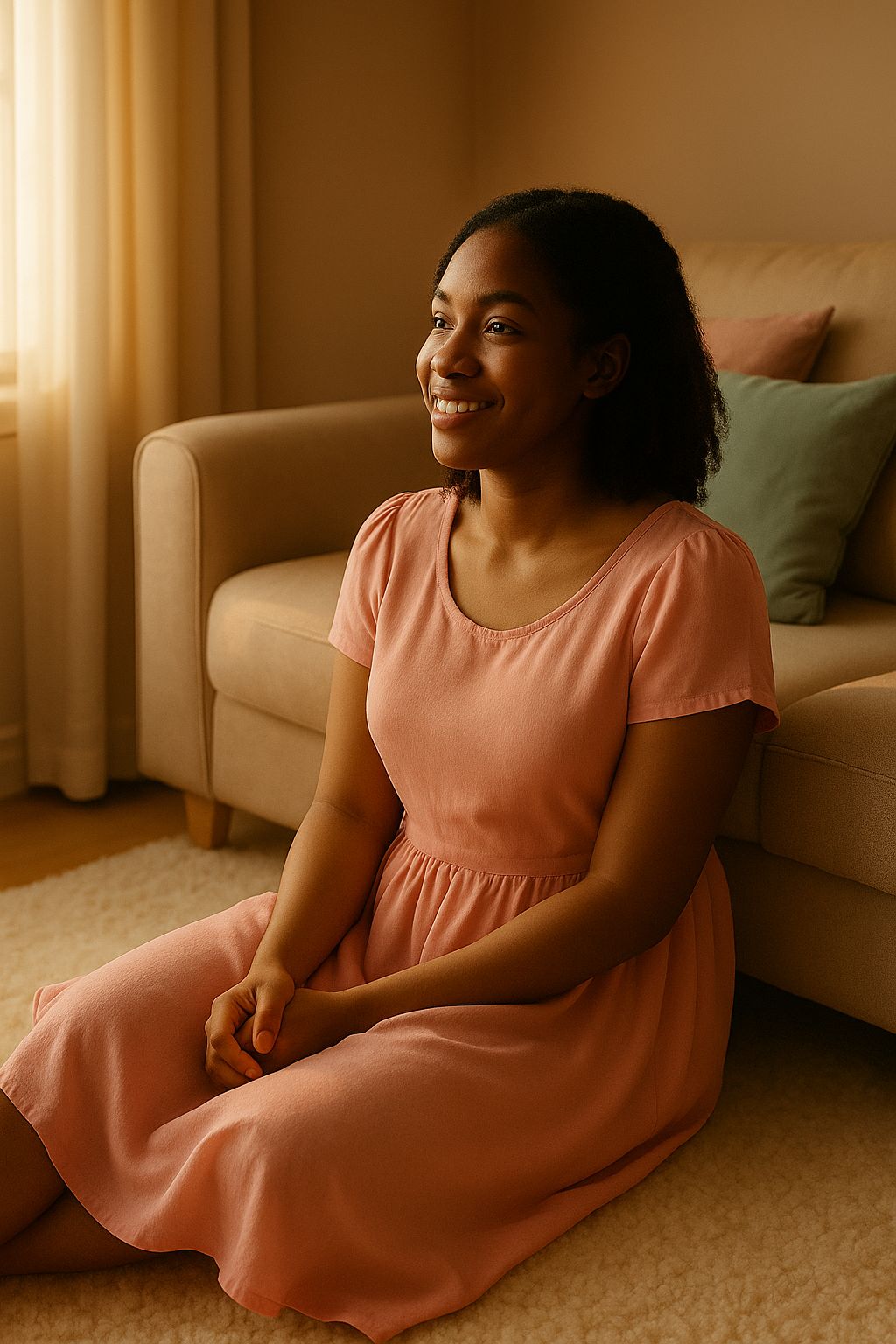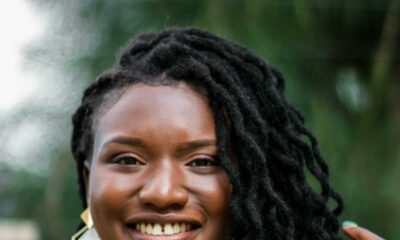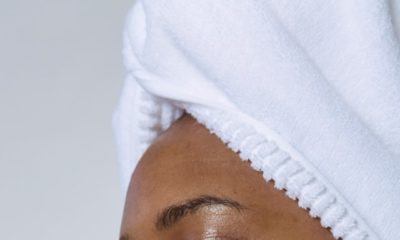Features
Ajibade Oluwabunmi: Becoming the Pink Girl I Was Afraid to Be

I once said my favourite colour was blue. I lied. I couldn’t admit that I feared being pink. I read somewhere that “when a female adult starts liking the colour pink again, she’s healing from all her childhood trauma.” And somehow, it resonated deeply with me.
I remember being asked in senior secondary school what my favourite colour was. And although it was pink, I lied and said blue. I said blue was because somehow, every girl I knew loved pink. There is a softness that comes with being a pink girly, they said, and that was exactly what I was trying to avoid. I didn’t want to be seen as a soft girl. For unknown reasons, I’ve always liked being referred to as a hard girl.
There was nothing I hated more than being called an ajebota. Quite honestly, I wasn’t one. But thank goodness we don’t always look like what we’ve been through. Because if we did, if anyone had seen even an inkling of what I’d experienced, I would have been called the very opposite. A total ajepako, no caps.
But softness, to me, felt like weakness, and I didn’t ever want to look weak. Being a pink girly also felt overly common. So many girls loved the colour pink. I detest following common trends. So admitting I liked pink felt like all shades of wrong. My reason was pretty simple: I didn’t want to be seen as a common soft girl. Period.
At least, that’s what I thought.
Until I had a rethink recently. There’s this thing about people who’ve been traumatised in the past—they often refuse to admit to their scars. The denial and pretence of being fine, even when they aren’t, helps them build a tough wall. They keep up the facade until it starts to feel like the truth. No one wants to be seen as weak or as someone in need of help.
But oftentimes, admitting you need help isn’t a sign of weakness. The pretence doesn’t aid healing at all. The scars remain etched deeply into one’s skin, bleeding at the slightest trigger. Healing is hard, but remaining broken is harder. And sometimes, pushing pain to the back of one’s mind can feel like healing, until something or someone triggers it, and it all escalates out of proportion.
I like to act tough. Or maybe the right way to put it is: the life I’ve lived has been tough, honestly. From deep friendship betrayals to academic pressure, learning to survive as a rapidly growing, shy teen wasn’t easy. Looking back, I was juggling more than I could carry.
One of the many disadvantages of being an introverted kid was the lack of friends. When the select few I let in hurt me deeply, I didn’t know how to handle it. I had to learn to keep to myself again, to stand up for myself, and to survive alone. My school father in secondary school once referred to me as a tortoise. According to him, I was always trying to hide myself in a shell. And honestly, that was the only coping mechanism I knew then.
Although I never admitted to him being right, deep down, I knew I was hiding. Always hiding. That’s what years of pretending toughness do to a person. The whole tough girl facade was draining, but I kept holding on to it like a shield. I’m currently trying to let go, though. Trying to fully heal. Trying to forgive my old friends for hurting me the way they did. And also myself, for being naively stupid.
Before I got to this point, I had to first acknowledge that I had been hurt in the past. Those betrayals in friendships had left scars on me, and honestly, admitting it wasn’t easy. However, that acknowledgement became the first step I took toward healing.
I’m still on this journey, navigating my way through the healing process. It’s a significant step for me, and I’m taking it slow and steady at my own pace, ensuring I don’t rush it.
Now, I find myself in a much better place. I can confidently say that I love the colour pink openly. While it may not be my favourite colour anymore, I don’t mind wearing it. The pink I once feared now feels like rose petals on scarred skin, bringing healing. It’s now easier for me to see myself as a soft girl. I understand that being soft isn’t a sign of weakness, and it’s perfectly okay for me to be a tough soft girl. I don’t have to be just one or the other; life can be tough without hardening me.























